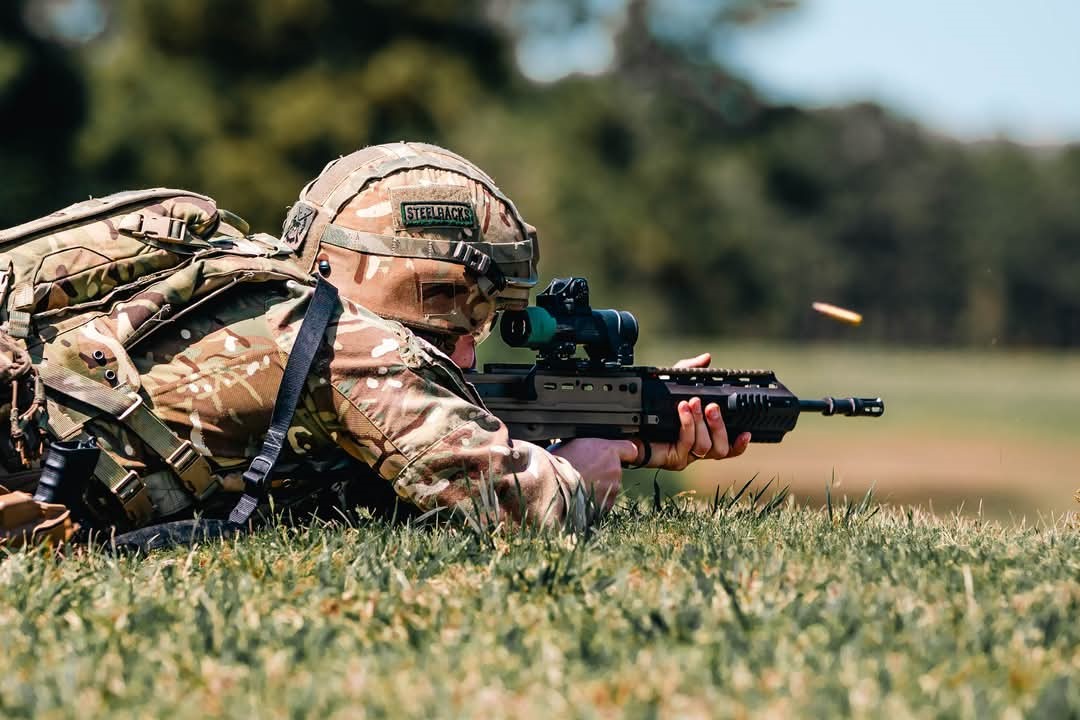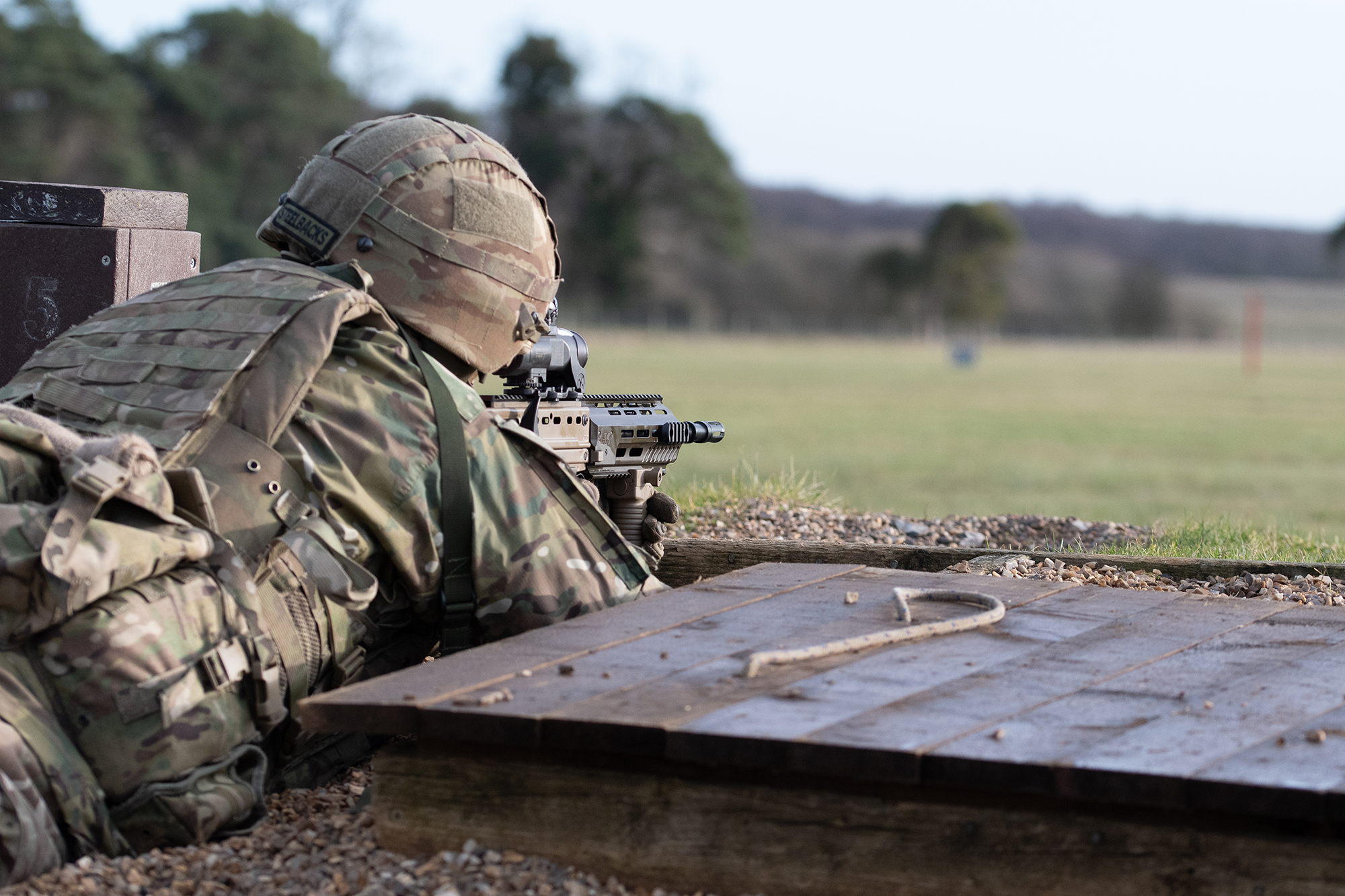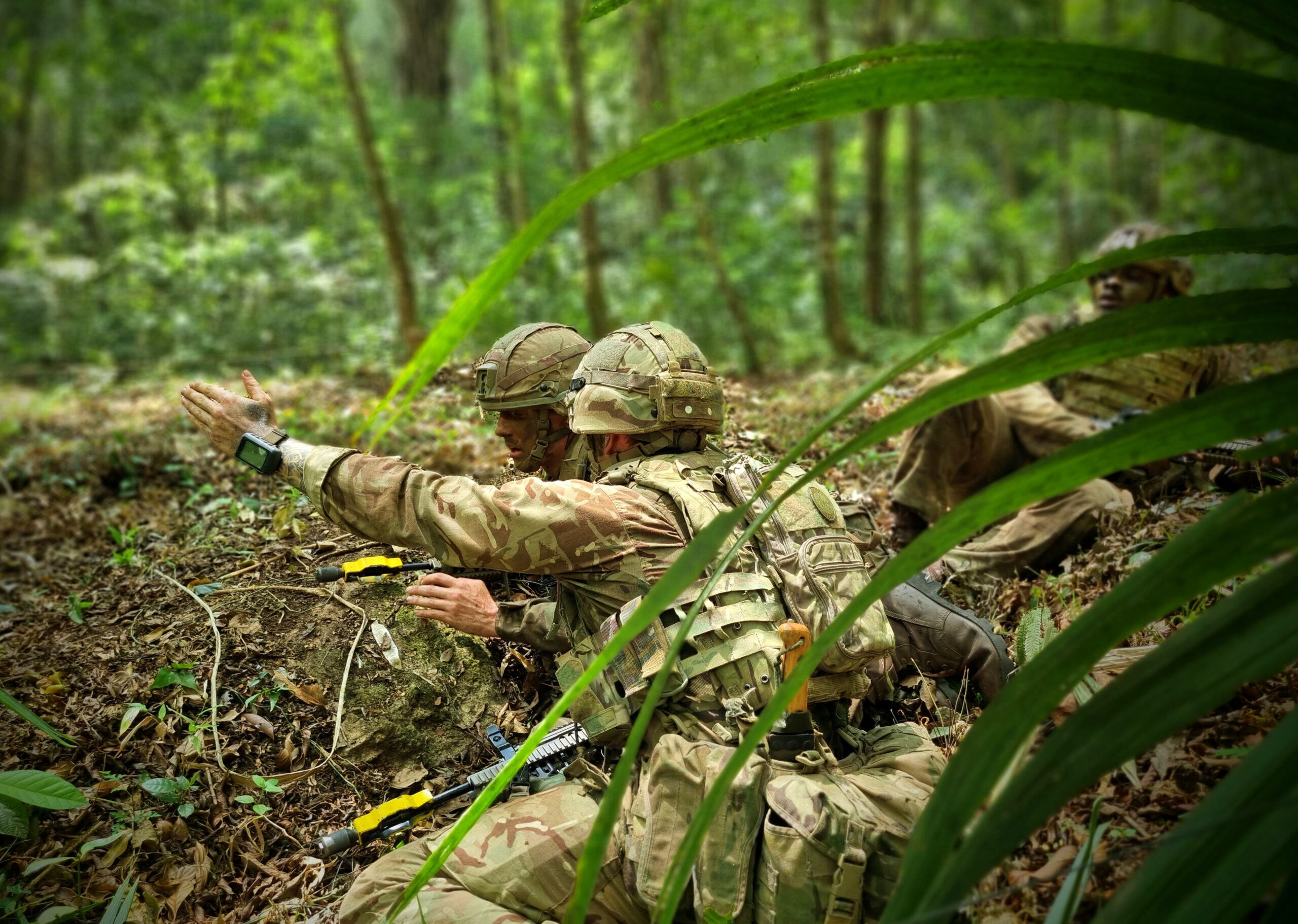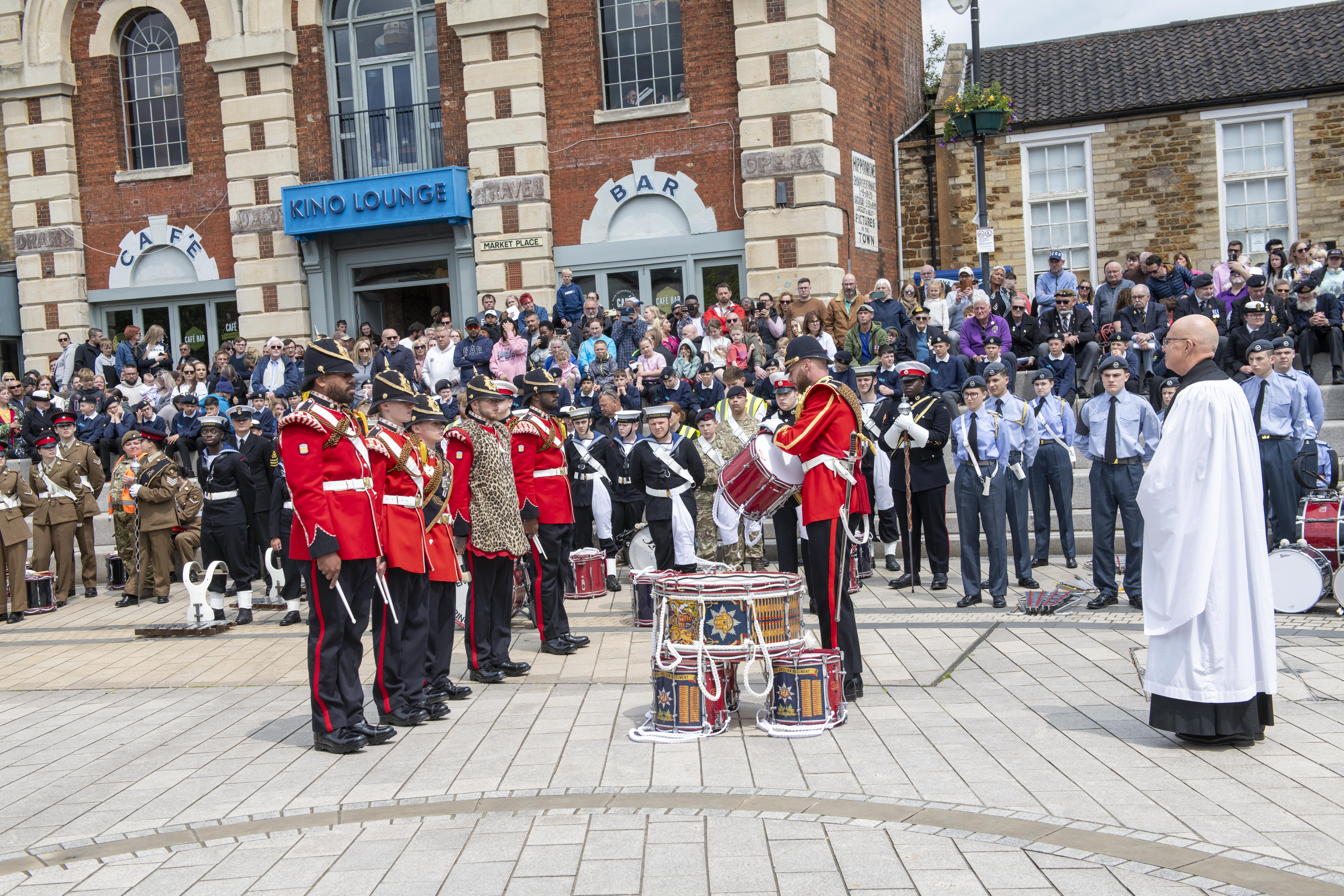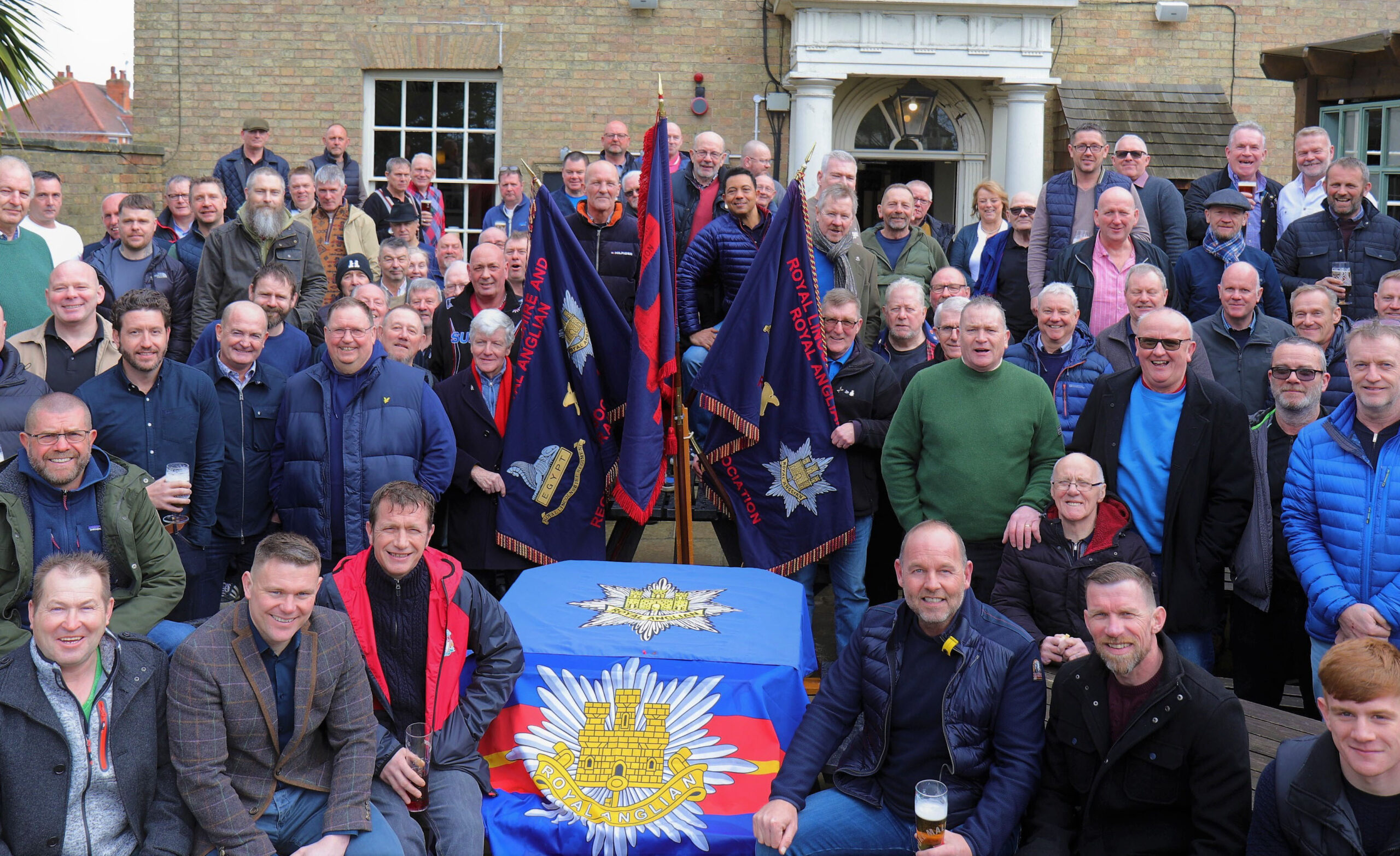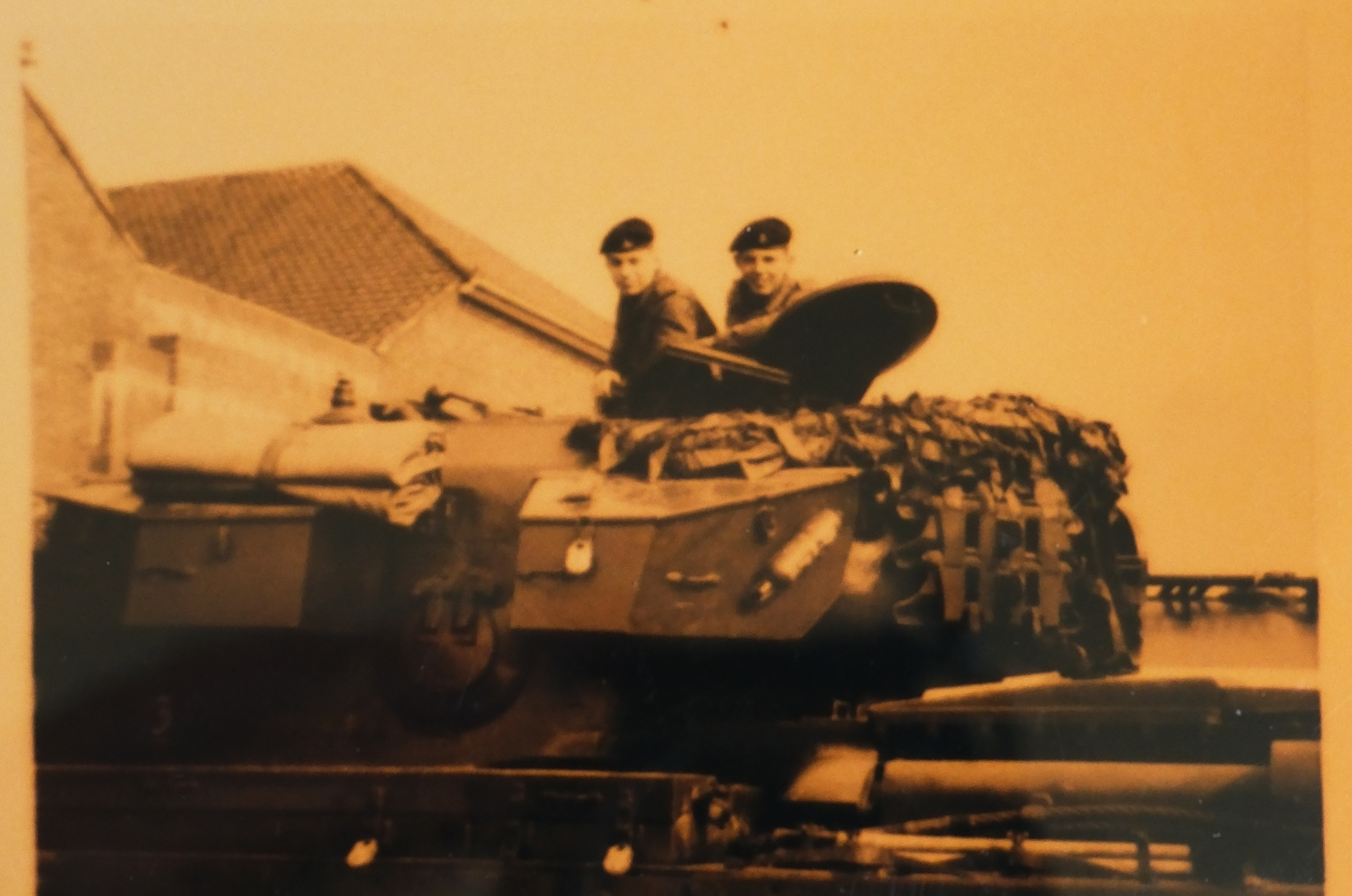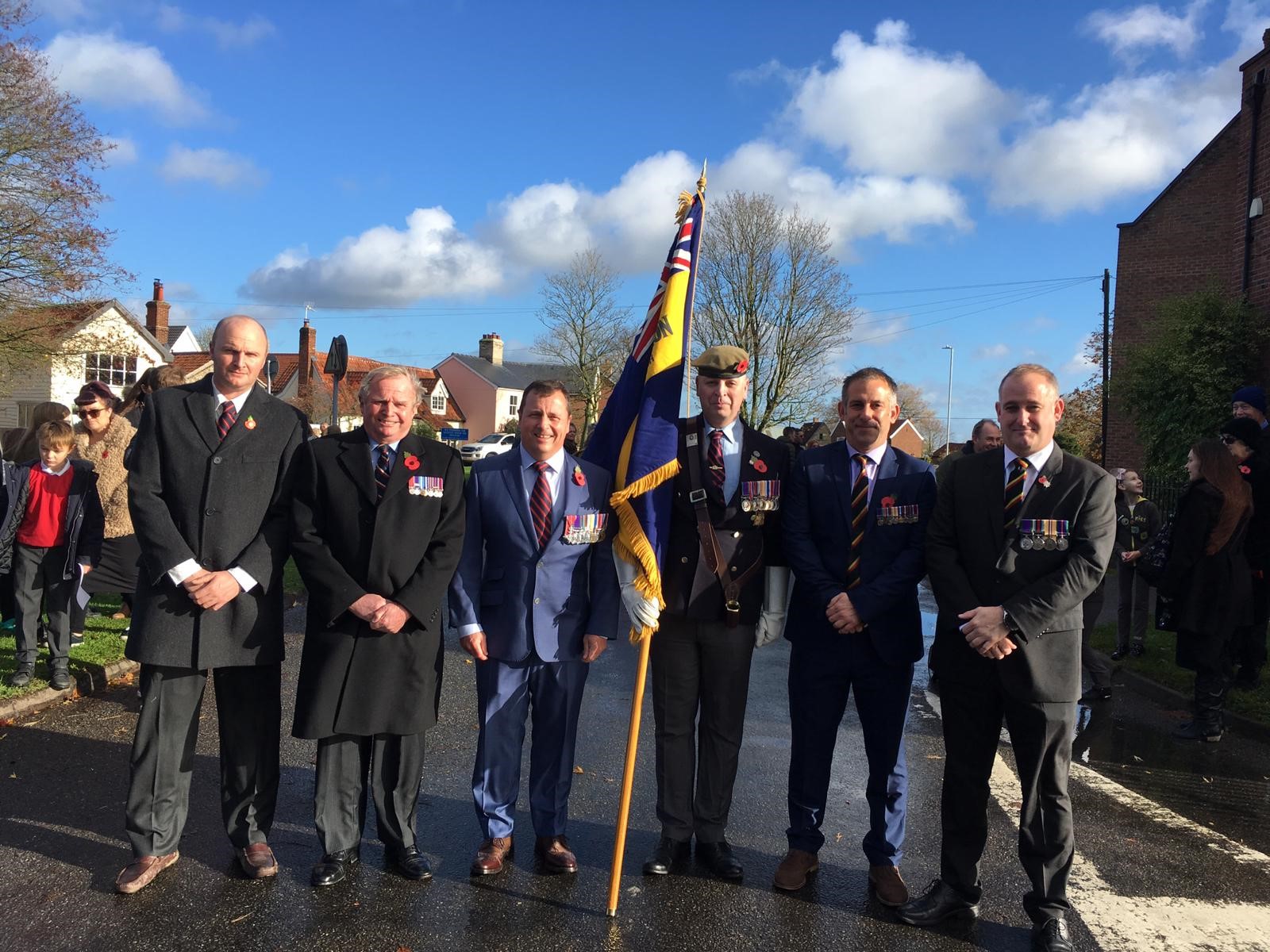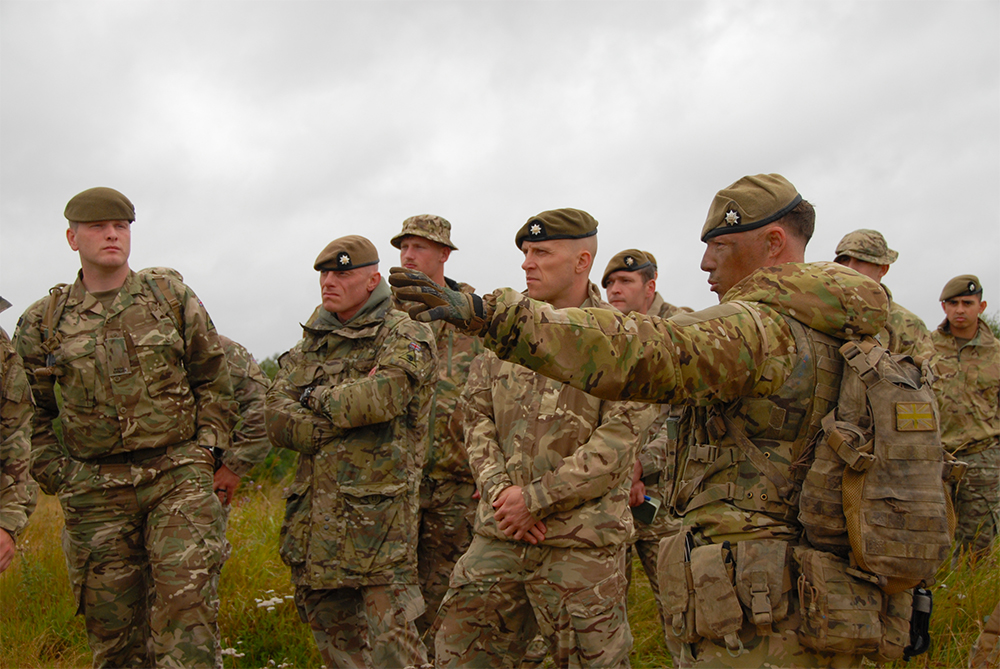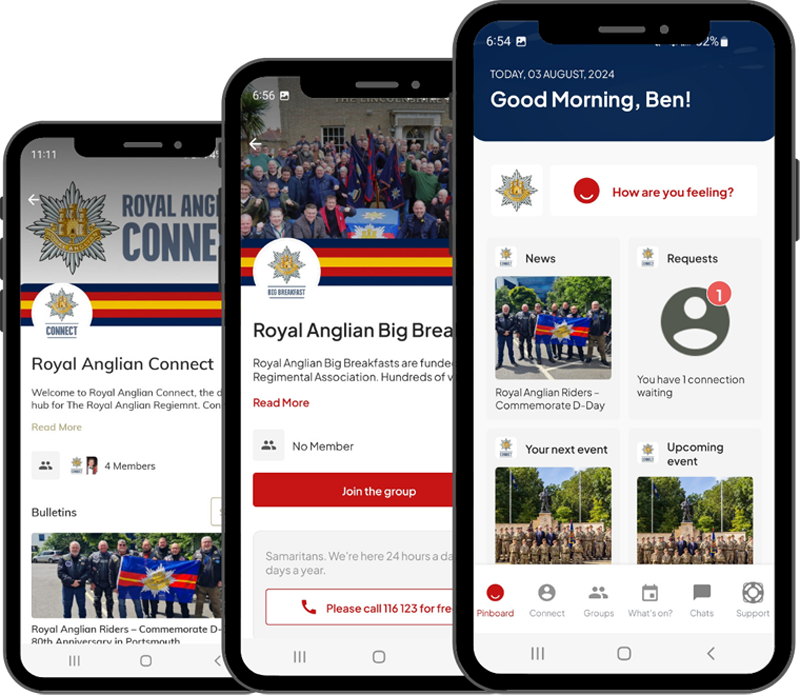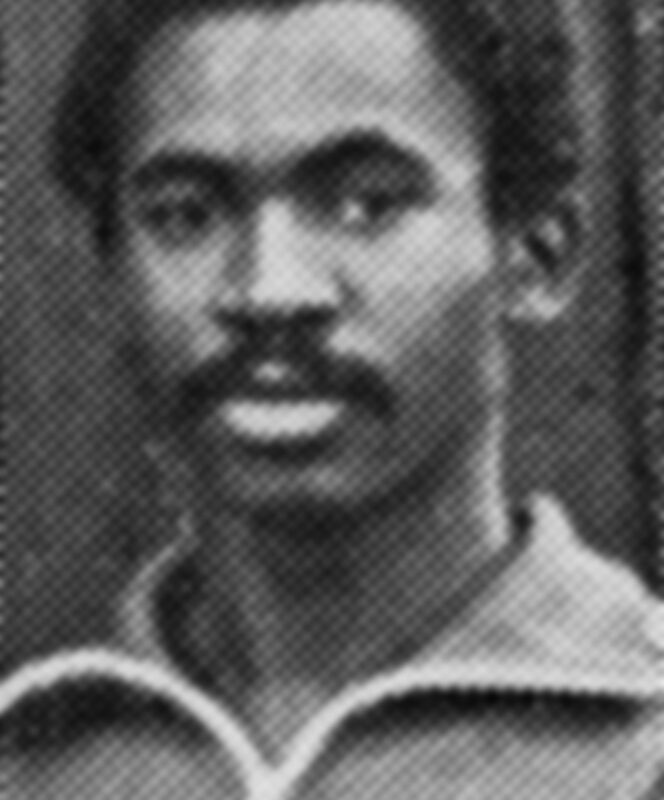
Obituary for Corporal Walcott (Wally) Taylor
Cpl Wally Taylor is considered to be the best all round sportsmen ever to have served with the Poachers. Wally joined the Battalion in 1973 and was posted to the Signal Platoon. It was wasn’t long before his talents as a 400 metre runner were noticed and in 1974 he became the BAOR 400 metres champion and was awarded the Cotterell Challenge Cup as the Army’s most outstanding athlete in track events.
In 1975 he had another fine season adding more titles to his already outstanding list of honours, the most notable being the Combined Services 400m hurdles champion, an event he had only started seriously at the end of the previous season. In 1976 he swept the board at the BAOR, the Army Individual and the Inter Services Championships. And in 1978 he made Regimental history when he became the United Kingdom 400m champion in a time of 47.5 seconds, as a member of the British Athletics team.
On the domestic front of Regimental sports, he swept all before him and excelled in any sport he tried: boxing, hockey, rugby, cross country – the list goes on.
WO’D
Maj Roger Antolik, a fellow Poacher
and British Athletic Team member, adds:
To everyone in the Poachers he was without doubt the best known, most gifted and most widely admired sporting talent of his generation. Athlete, boxer, cricketer, rugby winger (although I can’t remember whether he ever made a tackle!), basketball player and everything in between, he could, like all great athletes, turn his hand to just about anything and everything. To the Army and Combined Services athletes around him, he was simply a star who could be depended on to take the maximum points in his events, whatever the opposition.
I recall meeting Wally for the first time at the Sennelager track just prior to the BAOR unit finals in 1975. I already knew of his reputation as an outstanding runner with a maverick, showman-like style, but nothing had prepared me for what was to come over the next 10 years. Those who were privileged enough to see him run, need no reminding of how he could anchor a seemingly lost 400m relay into a victory that would be talked about for the rest of the year. He was simply the most widely known, respected, and to his competitors, feared, Army athlete between 1975 and 1982.
For me, Wally was a great friend on and off the track. We competed together for almost six years in events ranging from inter-company to internationals and, despite the differences in our backgrounds and ‘place’ in the great scheme of service life, it was easy to forget all this and just enjoy his amazing talent for what it was. I consider myself fortunate and humbled to have been able to spend so much time with him while he was developing his talent and reputation for winning.
As his reputation developed, Wally spent some time working with the greatest of the British 400m runners, David Hemery. Hemery was prepared to coach him and was convinced that Wally had the makings of an international champion, but the Army got in the way and the opportunities he needed never materialised. Being an infantryman and sportsman in those days was a dichotomous relationship and Wally (and the Army and GB) suffered from his Royal Anglian heritage. This was perhaps the greatest of all the tragedies that developed through his life, especially as he proved time and again his strength, speed and superior running ability, over rivals like Kris Akabussi who themselves got the breaks and went on to much greater things, including Olympic gold. The opportunity for Wally to break through onto the world stage, as a member of the 4x400m relay squad, was lost when GB withdraw its team from the Moscow 1980 Olympic Games (ironically in protest at the Russian invasion and occupation of Afghanistan).
Wally’s international athletics career aspirations ended tragically in the INLA bombing of the Drop Inn Well bar at Ballykelly on the night of 6 December 1982. Wally was running the disco and 17 people died that night, of which 11 were soldiers. Wally was seriously injured and thus ended the career of unquestionably the Poachers’ greatest ever athlete. I remember seeing him in Musgrave Park Hospital in Belfast soon afterwards. Margaret Thatcher had just visited him and I’m sure she’d made more of an impact than the bomb that had put him there! But his life and body had been shattered by that event and whilst outwardly he repaired and even tried to compete again, there were unseen and unshared horrors that meant he could never live up to his phenomenal promise. As a competitor with winning in his blood, he harboured, as many do, the frustrations of no longer being able to perform to the level that the spirit within relentlessly pursues.
Wally epitomised competitive fighting spirit. Unorthodox in just about everything he did, bucking the trend and making a nonsense of conventional wisdom of how to prepare and work up to a competitive event; and yet he never let anyone down, no matter what team, what event, what occasion. He was both a complex, yet straightforward person, incredibly likeable and personable, with a smile and encouraging word for everyone and anyone, even those he so soundly beat – and there were many.


